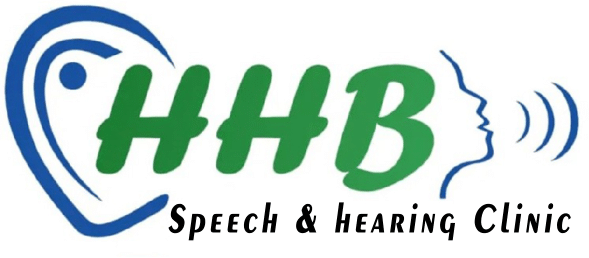Knowing when to consult a speech therapist, also known as a Speech-Language Pathologist (SLP), can be crucial for addressing communication and swallowing difficulties promptly and effectively. These professionals work with individuals across the entire lifespan, as issues can arise from developmental delays, neurological events, injuries, or degenerative conditions. Recognizing the signs early can lead to better outcomes.
For Children: Concerns about a child's speech and language development are among the most common reasons to see an SLP.
- Infants (0-12 months): Lack of babbling, not responding to sounds or their name, limited use of gestures (e.g., waving bye-bye), or difficulty with feeding and swallowing.
- Toddlers (1-3 years): No first words by 15-18 months, not combining two words by age two, difficulty following simple directions, limited vocabulary for their age, or frequent frustration due to communication difficulties. Speech that is mostly unintelligible to familiar adults.
- Preschoolers (3-5 years): Speech that is hard to understand by unfamiliar listeners, difficulty forming certain sounds (e.g., "r," "s," "l"), stuttering or other fluency issues, struggles with answering "wh-" questions, difficulty telling a simple story, or limited social interaction due to communication challenges.
- School-Aged Children: Persistent articulation errors, ongoing stuttering, difficulties with reading, writing, or spelling (literacy issues often linked to language development), trouble understanding complex instructions, social communication difficulties (e.g., understanding sarcasm, maintaining conversations), or a hoarse/unusual voice quality.
For Adults: Adults may need speech therapy due to various reasons, often following an injury, illness, or progression of a neurological condition.
- Neurological Conditions: After a stroke, traumatic brain injury (TBI), or with progressive conditions like Parkinson's disease, Alzheimer's, or multiple sclerosis, individuals may experience:
- Aphasia: Difficulty speaking, understanding, reading, or writing language.
- Dysarthria: Slurred or slow speech due to weak speech muscles.
- Apraxia of Speech: Difficulty coordinating the muscles to produce speech sounds correctly.
- Dysphagia: Trouble swallowing, coughing/choking during meals, or food getting stuck.
- Cognitive-Communication Deficits: Problems with memory, attention, problem-solving, or reasoning that affect communication.
- Voice Disorders: Persistent hoarseness, breathiness, loss of voice, or vocal fatigue.
- Head and Neck Cancer: Speech and swallowing difficulties resulting from cancer treatment (surgery, radiation).
- Stuttering: Persistent disfluencies in speech impacting communication and confidence.
If you or a loved one notice any of these signs, it's advisable to seek an evaluation from a qualified speech therapist. Early assessment and intervention can make a significant difference in improving communication abilities, ensuring safety in swallowing, and enhancing overall quality of life. For effective and personalized speech therapy in Sagar Pur, many families choose Neuro Speech Rehabilitation in Tilak Nagar. Our certified speech-language pathologists specialize in treating speech delays, articulation issues, stammering, and neurological speech disorders. Just a short distance from Sagar Pur, we offer proven therapy plans that foster real communication improvement in both children and adults.
- Best Speech Therapist in janakpuri
- Best Speech Therapist in Uttam Nagar
- Best Speech Therapist in Vikaspuri
- Best Speech Therapist in Tilak Nagar






